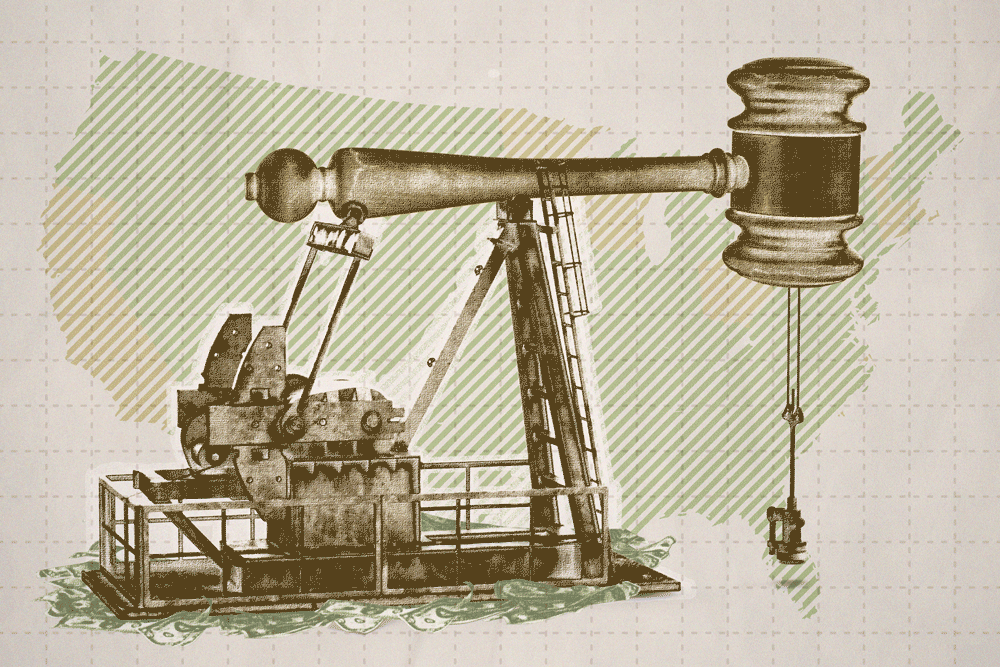The chief judge of the U.S. Court of Appeals for the 11th Circuit has blocked complaints against the judge overseeing one of former President Donald Trump’s criminal cases.
Chief Judge William Pryor Jr., in a newly released order dated May 22, instructed the circuit court’s clerk to stop accepting new complaints against U.S. District Judge Aileen Cannon after the clerk was flooded with complaints.
“Since May 16, 2024, the clerk of the United States Court of Appeals for the Eleventh Circuit has received over 1,000 judicial complaints against Judge Cannon that raise allegations that are substantially similar to the allegations raised in previous complaints,” Judge Pryor, an appointee of former President George W. Bush, wrote in the order. “These complaints appear to be part of an orchestrated campaign.”
Judiciary rules enable each judicial council to act when a series of “many essentially identical complaints” from different people flood into the circuit in which the council is based. The council can instruct the circuit clerk “to accept only a certain number of such complaints for filing and to refuse to accept additional complaints.”
Judge Pryor recommended to the council that it instruct the clerk to stop taking additional complaints against Judge Cannon, and the council adopted the recommendation. Judge Pryor entered the new order on behalf of the council.
Federal law lets people file complaints against federal judges over judicial misconduct, which includes treating litigants “in a demonstrably egregious and hostile manner” and “making inappropriately partisan statements.”
Some activists and others have complained about Judge Cannon’s ruling against special counsel Jack Smith, who is prosecuting President Trump. The rulings have resulted in the trial against the former president being pushed back multiple times.
After Mr. Smith’s team on May 31 asked for an immediate gag order on President Trump, for example, Judge Cannon on June 2 directed President Trump to respond and said the government could issue a reply to that response on or before June 21.
Misconduct can not include the correctness of a judge’s ruling or allegations about delays, “unless the allegation concerns an improper motive in delaying a particular decision or habitual delay in a significant number of unrelated cases,” according to judicial rules.







